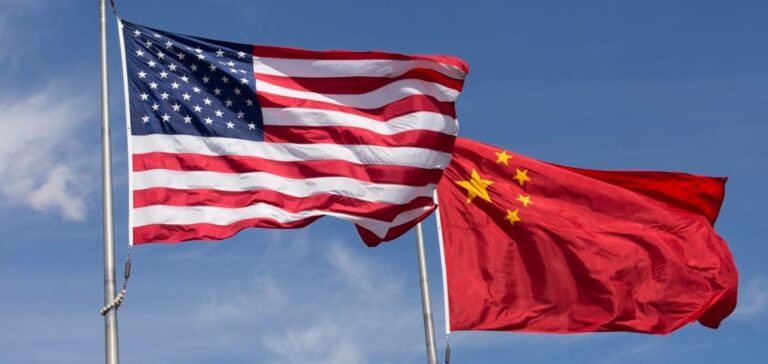China recently announced that it would intensify a trade dispute with the United States over Inflation Reduction Act (IRA) tax credits. These credits, intended to promote electric vehicles and renewable energy projects, are accused by China of favoring domestic components over imports, in violation of international trade rules.
Since April, the USA and China have been in talks at the World Trade Organization (WTO) about these subsidies, which China regards as unfair trade measures. These discussions having failed, China is now requesting formal WTO intervention to resolve the dispute.
Arguments and reactions
According to the Chinese Ministry of Commerce, the IRA imposes artificial trade barriers and increases the costs of the green energy transition by excluding products from WTO members, including China. The Ministry urged the United States to respect WTO rules and stop using industrial policies that undermine international cooperation on climate change.
In March, China sent a letter to the US delegation at the WTO, requesting talks on IRA subsidies. Although the United States agreed to discuss the matter, it made it clear that this did not mean it agreed with China’s claims of a violation of WTO agreements.
Contested tax credits
China has raised concerns about five specific IRA tax credits: the $3,750 electric vehicle tax credit, the renewable energy property tax credit, the clean electricity investment tax credit, the renewable electricity production tax credit, and the clean electricity production tax credit.
The main point of contention concerns the IRA’s domestic content provisions, which require that electric vehicle and renewable energy components manufactured and deployed in the U.S. be produced from materials mined domestically.
Impact on business and international cooperation
To qualify for the electric vehicle credit, each vehicle must be manufactured in North America and meet the requirements for critical minerals mined, processed or recycled in the USA. After 2024, a clean vehicle will no longer qualify for the critical minerals credit if it contains minerals processed by a foreign entity of concern, including China.
Tax credits for renewable energy investment and production, existing prior to the IRA, have been modified by the 2022 Act to include bonus subsidies conditional on the use of domestic components.
International reactions
A group of climate and trade lawyers has called for a moratorium on all climate-related trade disputes at the WTO to encourage global investment in low-carbon energy technologies. The Trade Justice Education Fund called China’s attack on the IRA hypocritical and supported the Biden administration’s right to oppose the Chinese dispute.
This situation underlines the need for nations to cooperate and seek mutual solutions to promote clean energy without excessive recourse to commercial challenges.






















